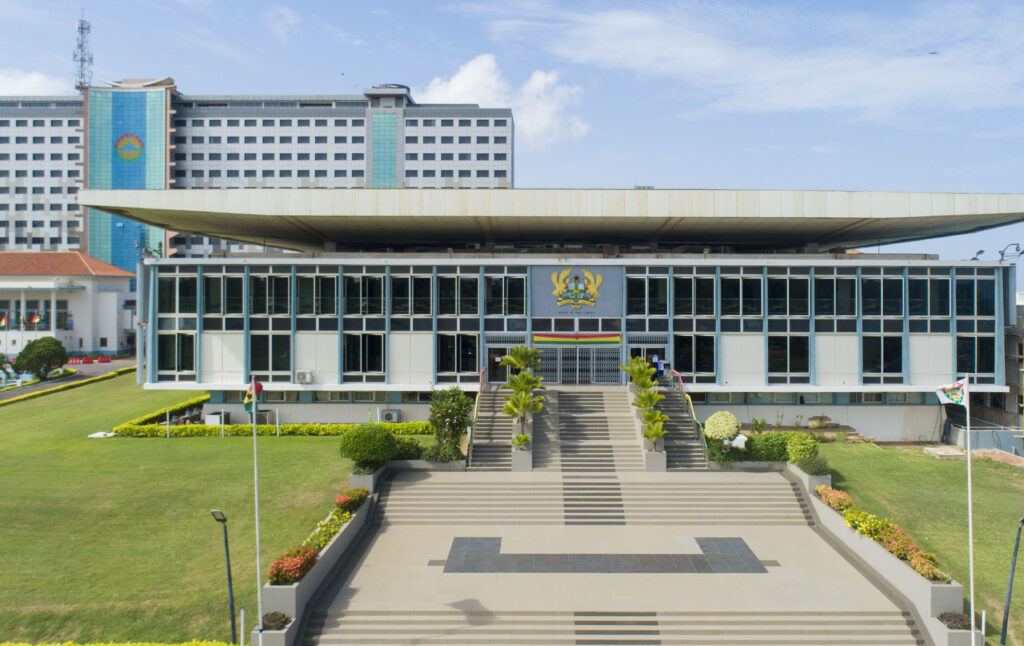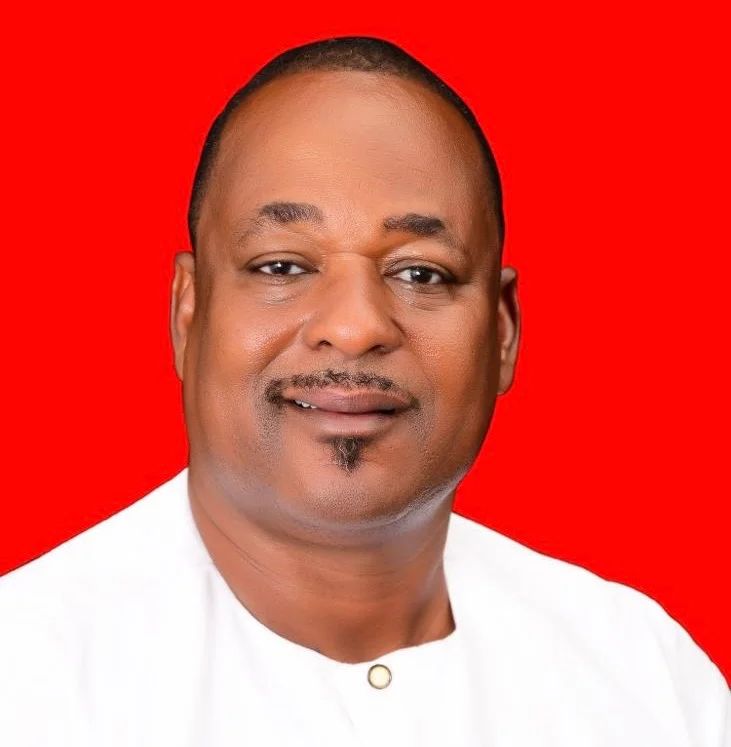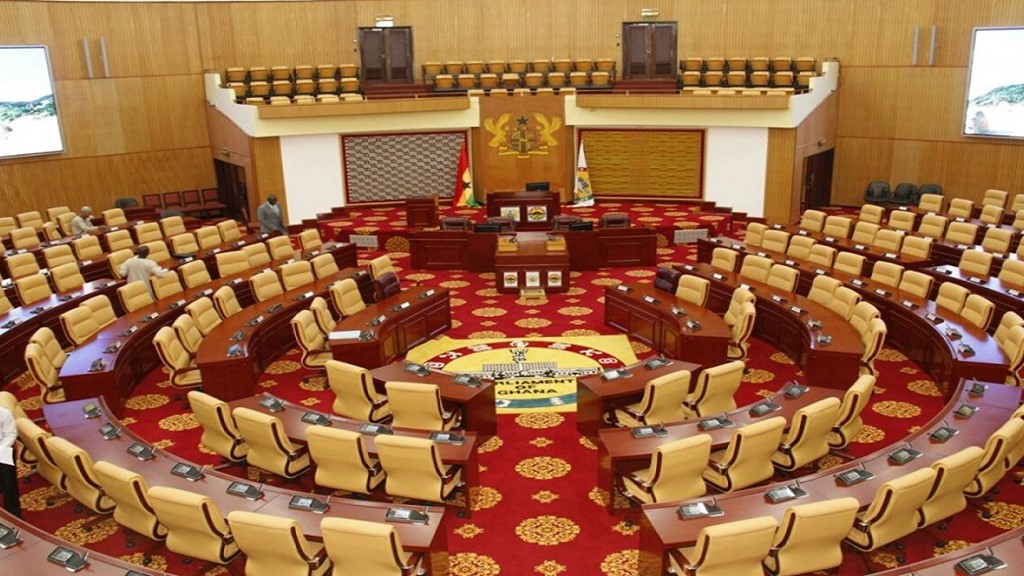Felix Okle Leads List of Most Absent MPs in Latest Parliamentary Report
A new attendance report from Ghana’s Parliament has revealed worrying levels of absenteeism among Members of Parliament (MPs), sparking renewed calls for stricter enforcement of attendance rules and accountability in the legislature.
The report, covering sittings from the ongoing session, lists Felix Akwetey Nii Okle, MP for Bortianor-Ngleshe Amanfro, as the most frequently absent lawmaker, with 23 missed sittings. He is followed closely by Joseph Frempong of Nkawkaw (22 absences) and Ernest Yaw Anim of Kumawu (21 absences).
The report further names several MPs who have missed a significant number of parliamentary sittings:
- Col. Kwadwo Damoah (Rtd.) — Jaman South: 19 days absent
- Dr. Cassiel Ato Forson, MP for Ajumako-Enyan-Essiam and Minister for Finance — 17 days
- Blay Nyameke Armah (Sekondi) — 16 days
- Samuel Okudzeto Ablakwa (North Tongu) — 15 days
- Dr. Nana Ayew Afriyie (Effiduase/Asokore) — 14 days
- Kwabena Okyere Darko-Mensah (Takoradi) and Kwaku Agyeman Kwarteng (Obuasi West) — 14 days each
- *Samuel Nartey George (Ningo-Prampram), **Dr. Abdul-Rashid Hassan Pelpuo (Wa Central), **Francis-Xavier Sosu (Madina), **Dr. Gideon Boako (Tano North), and *Kwabena Boateng (Ejisu) — 13 days each
- *Linda Ocloo (Shai-Osudoku), **Ahmed Ibrahim (Banda), and *Nana Agyei Baffour Awuah (Manhyia South) — 12 sittings missed each
The findings have reignited debate about MPs’ commitment to legislative duties, with many Ghanaians questioning whether elected representatives are fulfilling their mandates effectively.

Reacting to the report, Speaker of Parliament Alban Sumana Kingsford Bagbin expressed deep disappointment over what he described as “chronic absenteeism” among certain lawmakers. He said the leadership’s previous decision to withhold attendance data in the hope of voluntary improvement had proven misguided.
“It looks like that was a catastrophic mistake I made,” the Speaker said. “I should have brought it out and referred members to the Privileges Committee.”
Mr. Bagbin announced new directives to parliamentary clerks to strictly record attendance for all future sittings. He cautioned that MPs who continue to absent themselves without reasonable excuse could face sanctions, including potential *loss of their seats, in line with *Parliament’s Standing Orders.
“We will take action to compel members to sit or risk being deemed to have vacated their seats,” he added firmly.
The issue of absenteeism strikes at the heart of parliamentary accountability and governance. MPs are expected to represent their constituencies in debates, committee work, and lawmaking — all of which require consistent participation.
Experts argue that poor attendance undermines effective oversight of government, delays the passage of key legislation, and erodes public trust in Parliament. According to civil society groups like Odekro, absenteeism among MPs has been a recurring concern over the past decade, with many lawmakers failing to meet even the minimum attendance thresholds stipulated by the 1992 Constitution.
Under Article 97(1)(c) of the Constitution, an MP who absents themselves from 15 consecutive sittings without written permission may forfeit their seat — a rule rarely enforced in practice.

Public frustration over parliamentary absenteeism is growing amid Ghana’s current economic challenges, where citizens expect strong legislative oversight of government spending and fiscal policy.
Social media discussions following the report have seen many users calling for attendance records to be made public regularly, arguing that voters deserve transparency on how their representatives perform.
Local governance advocates have also urged the Parliamentary Service Board to consider reforms such as biometric attendance systems, real-time public dashboards, and constituency engagement reports to enhance accountability.
This is not the first time absenteeism has made headlines. In 2022, several MPs were summoned before the Privileges Committee for missing sittings without permission. However, disciplinary measures were either delayed or dropped due to procedural challenges.
Observers say the current Speaker’s renewed stance could signal a shift toward stricter enforcement, aligning Parliament’s operations with international democratic norms.

As the investigation into MPs’ attendance continues, citizens and advocacy groups are watching closely to see whether Parliament will follow through with disciplinary measures. Transparency in the process, analysts say, could help restore public trust and reaffirm the legislature’s credibility as a pillar of Ghana’s democracy.
The release of Parliament’s attendance report marks an important step toward accountability, but its true impact will depend on whether the House enforces its own rules. As Ghana faces critical policy and economic decisions, consistent parliamentary participation remains essential for good governance and representation.
Read also: GAF Vows Transparency After Soldier’s Assault on Civilians at Burma Camp — Pledges No Cover-Up

